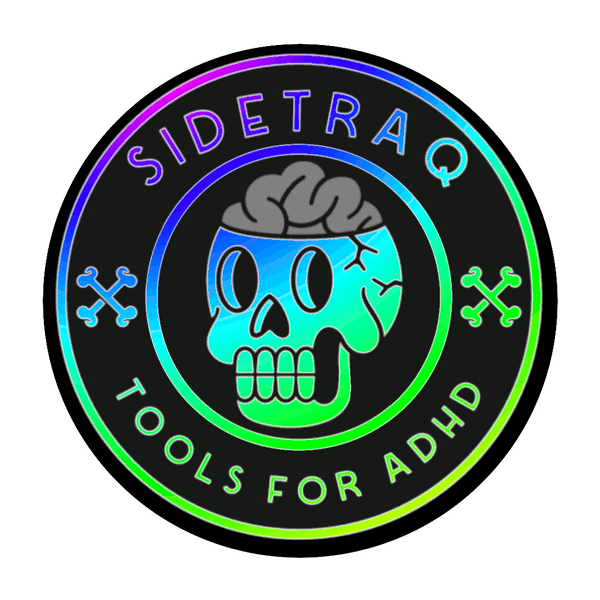As someone who lives with ADHD (Attention Deficit Hyperactivity Disorder), the discourse around its validity can be disheartening. Recently, a Harvard study has stirred up controversy by suggesting that ADHD might not be as real as previously thought. However, for those of us who navigate the daily challenges of ADHD, its reality is all too palpable.
Let's address the elephant in the room: yes, ADHD is a complex condition that is still not fully understood by many. It's not just about being easily distracted or hyperactive; it's a multifaceted neurodevelopmental disorder that affects attention span, impulse control, and executive function. And while skeptics may question its legitimacy, for those of us who grapple with it every day, ADHD is undeniably real.
One of the most frustrating aspects of ADHD is the misconception that it's merely a lack of discipline or willpower. Trust me, if it were that simple, many of us would have conquered it long ago. Instead, ADHD presents a constant internal struggle—an ongoing battle against distractions, impulsivity, and forgetfulness. It's like trying to navigate through a maze while someone keeps changing the layout without warning.
Imagine sitting down to work on a task, only to find your mind wandering off in a dozen different directions. You try to focus, but it feels like herding cats—impossible and exhausting. This isn't a matter of just "trying harder" or "paying attention"; it's a neurological condition that impacts cognitive processes.
Then there's the stigma surrounding ADHD, which can be incredibly isolating. Society often labels us as lazy, scatterbrained, or even unintelligent. We face judgment from peers, educators, and sometimes even healthcare professionals who fail to grasp the complexities of ADHD. It's disheartening to be constantly misunderstood and dismissed because our struggles don't fit neatly into society's expectations.
But here's the thing: ADHD isn't just about the challenges; it's also about the strengths. Many of us with ADHD possess unique talents and abilities that often go unrecognized. Our hyperfocus—when we become completely absorbed in a task that interests us—can lead to moments of incredible productivity and creativity. We think outside the box, approach problems from unconventional angles, and thrive in dynamic environments.
Furthermore, the existence of ADHD is backed by a wealth of scientific research and clinical evidence. Neuroimaging studies have shown differences in brain structure and function among individuals with ADHD compared to those without. Genetic factors also play a significant role, with ADHD often running in families. These findings underscore the biological basis of ADHD and debunk the notion that it's purely a behavioral issue.
So, to anyone questioning the reality of ADHD, I urge you to listen to those who live with it. Our experiences are valid, our struggles are real, and our voices deserve to be heard. Instead of perpetuating skepticism, let's work towards greater understanding and support for individuals with ADHD. By fostering empathy and education, we can create a more inclusive society where everyone's neurodiversity is respected and embraced.
